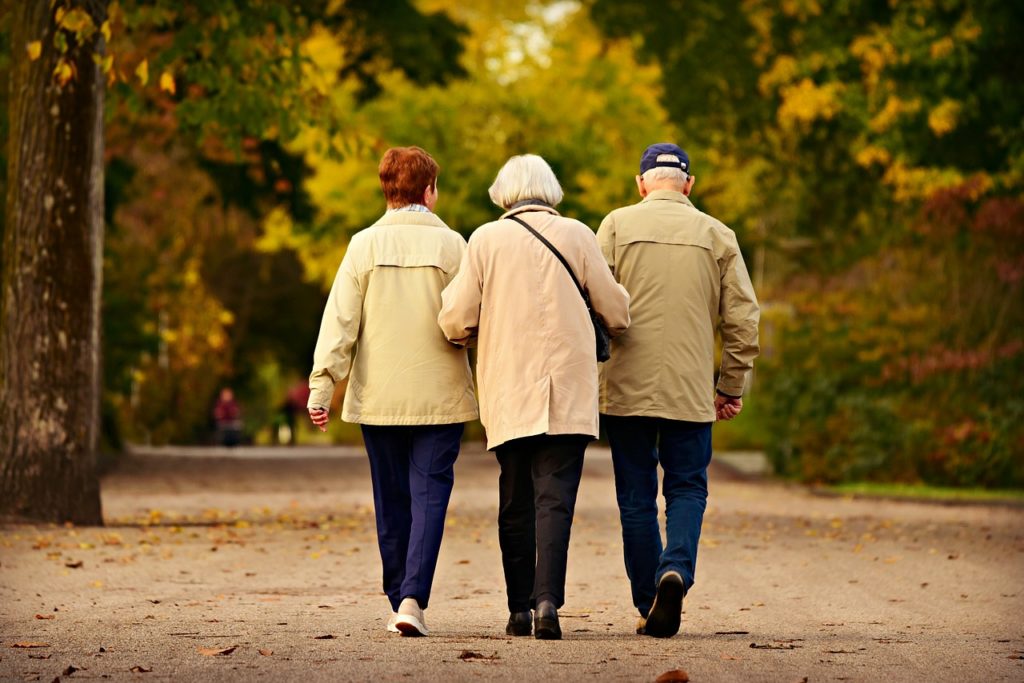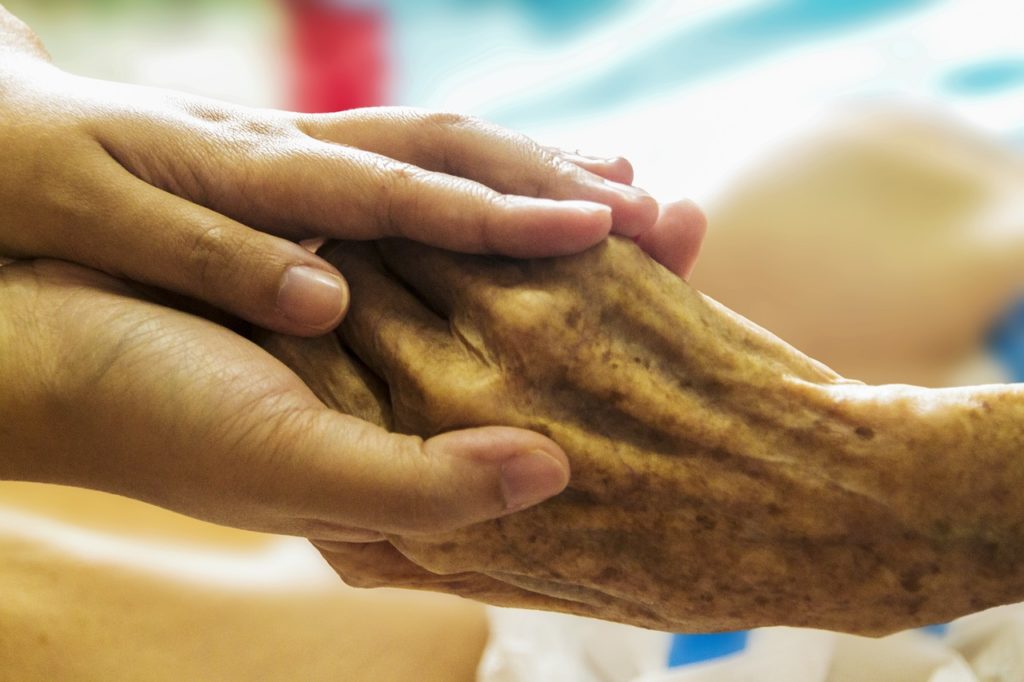November is a very special month. It marks the month of Thanksgiving, where millions of families and friends across the United States gather to give thanks, show appreciation for one another, and feast. November also marks National Family Caregivers Month, a time to recognize the people taking care of the ones they love. Although National Family Caregivers Month is not as widely celebrated as Thanksgiving, it is just as important for millions of families across the United States. Along with expressing gratitude for family caregivers, National Family Caregivers Month is a time to highlight the issues of family caregivers, provide resources, and to advocate for supportive policies and programs.
There are many issues that family caregivers are dealing with that affect both the quality of care of their loved ones and their personal wellbeing. In diverse communities, these issues may be exacerbated due to the lack of culturally competent care and resources.

This was something that I have learned about through my work on the Diverse Elders Coalition’s caregiving initiative, a research project funded by The John A. Hartford Foundation. Over the last eighteen months, we’ve discovered more about how the absence of culturally and linguistically competent care and services affects diverse family caregivers and their loved ones. Surprisingly, through the caregiving initiative, we also revealed the strength and resilience of family caregivers in diverse communities.
The Diverse Elders Coalition conducted a nationwide survey of diverse family caregivers, and one thing that struck me the most from the survey findings — which will soon be released publicly — is the cultural strength and resilience of family caregivers in communities of color, American Indian and Alaska Native communities, and LGBT communities. Despite discrimination, lack of training, and rates of acculturation, diverse family caregivers are stepping up to the plate to take care of their loved ones regardless of the obstacles. In fact, on average, diverse family caregivers report cultural commitment as a reason why they provide care for their loved ones.

A cultural commitment to caring was seen across all of the diverse communities surveyed, with the strongest cultural commitment amongst Hispanic/Latinx, Southeast Asian American, and American Indian/Alaska Native caregivers. This is important, as cultural values may influence the caregiving role. For example, Hispanic family caregivers tend to be impacted by the value of familism or the belief that the family’s needs are more important than individual needs. This was also emphasized by the high numbers of family, friends, and neighbors who helped either the caregiver and care receiver. On average, diverse family caregivers reported that between 2 and 3 people helped or supported them because they were a caregiver. In a society heavily influenced by the western culture, it was great to see that diverse family caregivers remain influenced by and connected to their own cultural values that have been passed down from generation to generation.
As important as it is to express gratitude to family caregivers for providing care for our loved ones, we must acknowledge the strength and resilience of family caregivers in overcoming the challenges that prohibit the delivery of care. This November, during National Family Caregivers Month, I encourage you to reach out the ones around you who may be caregivers and express your gratitude for the sacrifices they make to ensure that their loved ones are properly cared for.
The opinions expressed in this article are those of the author and do not necessarily reflect those of the Diverse Elders Coalition.

